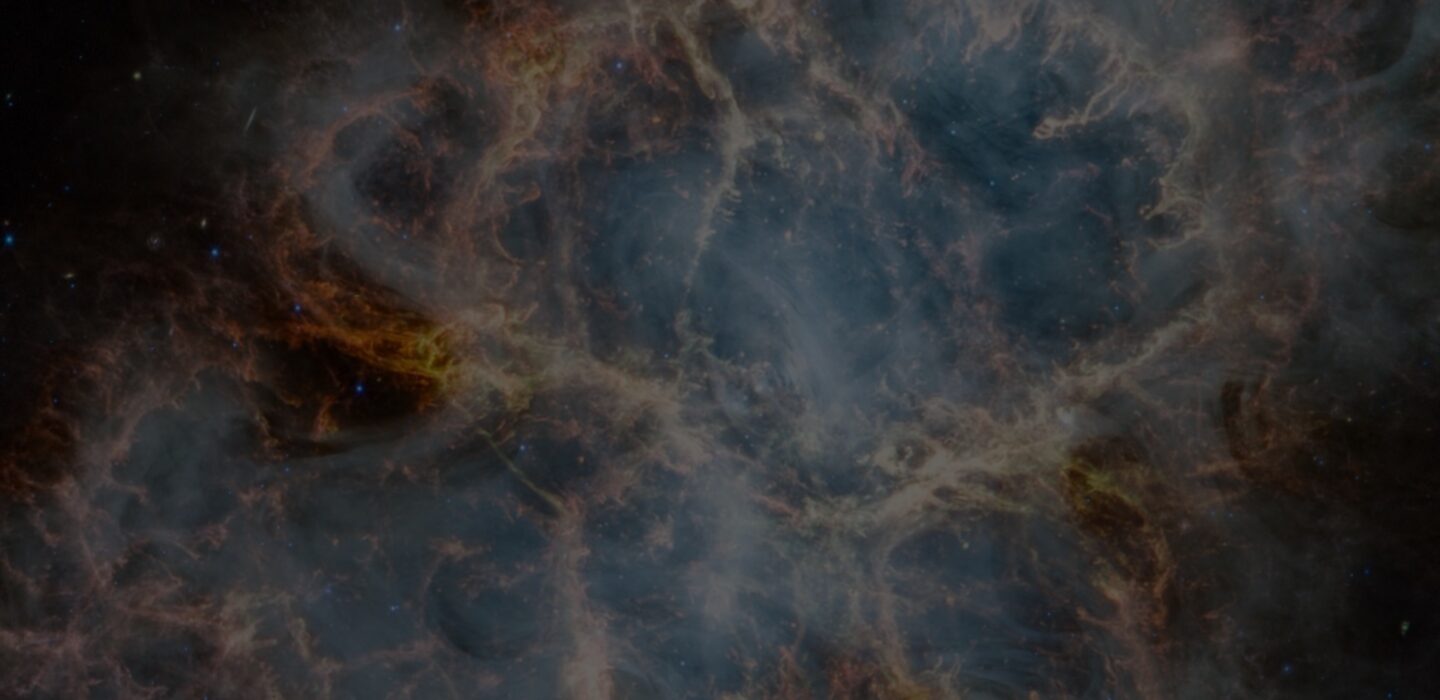John Marshall and Erin Kara receive postdoctoral mentoring award
Shining a light on the critical role of mentors in a postdoc’s career, the MIT Postdoctoral Association presented the fourth annual Excellence in Postdoctoral Mentoring Awards to professors John Marshall and Erin Kara.
The awards honor faculty and principal investigators who have distinguished themselves across four areas: the professional development opportunities they provide, the work environment they create, the career support they provide, and their commitment to continued professional relationships with their mentees.
They were presented at the annual Postdoctoral Appreciation event hosted by the Office of the Vice President for Research (VPR), on Sept. 17.
An MIT Postdoctoral Association (PDA) committee, chaired this year by Danielle Coogan, oversees the awards process in coordination with VPR and reviews nominations by current and former postdocs. “[We’re looking for] someone who champions a researcher, a trainee, but also challenges them,” says Bettina Schmerl, PDA president in 2024-25. “Overall, it’s about availability, reasonable expectations, and empathy. Someone who sees the postdoctoral scholar as a person of their own, not just someone who is working for them.” Marshall’s and Kara’s steadfast dedication to their postdocs set them apart, she says.
Speaking at the VPR resource fair during National Postdoc Appreciation Week, Vice President for Research Ian Waitz acknowledged “headwinds” in federal research funding and other policy issues, but urged postdocs to press ahead in conducting the very best research. “Every resource in this room is here to help you succeed in your path,” he said.
Waitz also commented on MIT’s efforts to strengthen postdoctoral mentoring over the last several years, and the influence of these awards in bringing lasting attention to the importance of mentoring. “The dossiers we’re getting now to nominate people [for the awards] may have five, 10, 20 letters of support,” he noted. “What we know about great mentoring is that it carries on between academic generations. If you had a great mentor, then you are more likely to be an amazing mentor once you’ve seen it demonstrated.”
Ann Skoczenski, director of MIT Postdoctoral Services, works closely with Waitz and the Postdoctoral Association to address the goals and concerns of MIT’s postdocs to ensure a successful experience at the Institute. “The PDA and the whole postdoctoral community do critical work at MIT, and it’s a joy to recognize them and the outstanding mentors who guide them,” said Skoczenski.
A foundation in good science
The awards recognize excellent mentors in two categories. Marshall, professor of oceanography in the Department of Earth, Atmospheric and Planetary Sciences, received the “Established Mentor Award.”
Nominators described Marshall’s enthusiasm for research as infectious, creating an exciting work environment that sets the tone. “John’s mentorship is unique in that he immerses his mentees in the heart of cutting-edge research. His infectious curiosity and passion for scientific excellence make every interaction with him a thrilling and enriching experience,” one postdoc wrote.
At the heart of Marshall’s postdoc relationships is a straightforward focus on doing good science and working alongside postdocs and students as equals. As one nominator wrote, “his approach is centered on empowering his mentees to assume full responsibility for their work, engage collaboratively with colleagues, and make substantial contributions to the field of science.”
His high expectations are matched by the generous assistance he provides his postdocs when needed. “He balances scientific rigor with empathy, offers his time generously, and treats his mentees as partners in discovery,” a nominator wrote.
Navigating career decisions and gaining the right experience along the way are important aspects of the postdoc experience. “When it was time for me to move to a different step in my career, John offered me the opportunities to expand my skills by teaching, co-supervising PhD students, working independently with other MIT faculty members, and contributing to grant writing,” one postdoc wrote.
Marshall’s research group has focused on ocean circulation and coupled climate dynamics involving interactions between motions on different scales, using theory, laboratory experiments, observations and innovative approaches to global ocean modeling.
“I’ve always told my postdocs, if you do good science, everything will sort itself out. Just do good work,” Marshall says. “And I think it’s important that you allow the glory to trickle down.”
Marshall sees postdoc appointments as a time they can learn to play to their strengths while focusing on important scientific questions. “Having a great postdoc [working] with you and then seeing them going on to great things, it’s such a pleasure to see them succeed,” he says.
“I’ve had a number of awards. This one means an awful lot to me, because the students and the postdocs matter as much as the science.”
Supporting the whole person
Kara, associate professor of physics, received the “Early Career Mentor Award.”
Many nominators praised Kara’s ability to give advice based on her postdocs’ individual goals. “Her mentoring style is carefully tailored to the particular needs of every individual, to accommodate and promote diverse backgrounds while acknowledging different perspectives, goals, and challenges,” wrote one nominator.
Creating a welcoming and supportive community in her research group, Kara empowers her postdocs by fostering their independence. “Erin’s unique approach to mentorship reminds us of the joy of pursuing our scientific curiosities, enables us to be successful researchers, and prepares us for the next steps in our chosen career path,” said one. Another wrote, “Rather than simply giving answers, she encourages independent thinking by asking the right questions, helping me to arrive at my own solutions and grow as a researcher.”
Kara’s ability to offer holistic, nonjudgmental advice was a throughline in her nominations. “Beyond her scientific mentorship, what truly sets Erin apart is her thoughtful and honest guidance around career development and life beyond work,” one wrote. Another nominator highlighted their positive relationship, writing, “I feel comfortable sharing my concerns and challenges with her, knowing that I will be met with understanding, insightful advice, and unwavering support.”
Kara’s research group is focused on understanding the physics behind how black holes grow and affect their environments. Kara has advanced a new technique called X-ray reverberation mapping, which allows astronomers to map the gas falling on to black holes and measure the effects of strongly curved spacetime close to the event horizon.
“I feel like postdocs hold a really special place in our research groups because they come with their own expertise,” says Kara. “I’ve hired them particularly because I want to learn and grow from them as well, and hopefully vice versa.” Kara focuses her mentorship on providing for autonomy, giving postdocs their own mentorship opportunities, and treating them like colleagues.
A postdoc appointment “is this really pivotal time in your career, when you’re figuring out what it is you want to do with the rest of your life,” she says. “So if I can help postdocs navigate that by giving them some support, but also giving them independence to be able to take their next steps, that feels incredibly valuable.”
“I just feel like they make my work/life so rich, and it’s not a hard thing to mentor them because they all are such awesome people and they make our research group really fun.”

